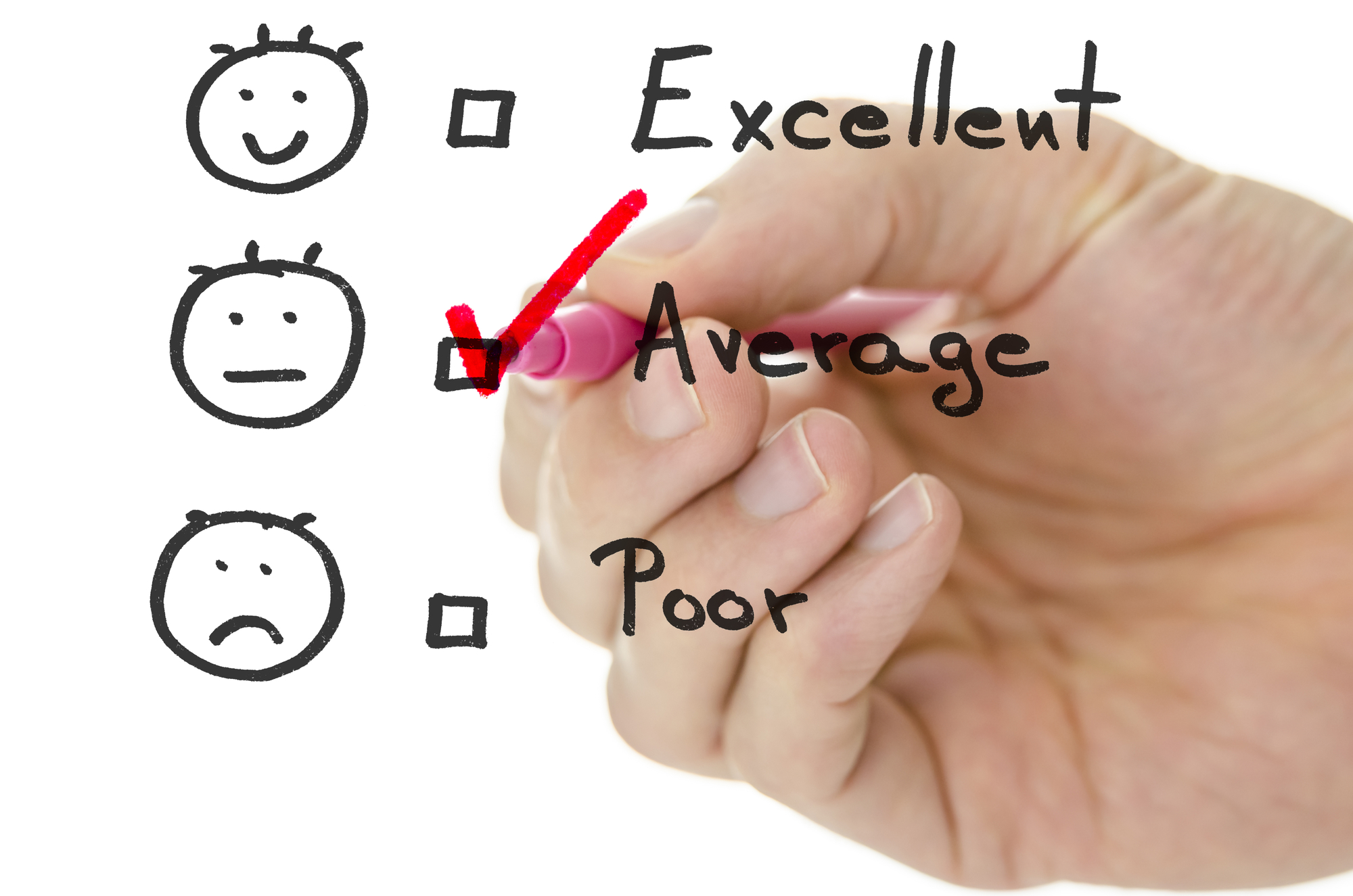Managing to Mediocracy... or Excellence
We all know or have worked someplace where it was obvious who the high performers and the low performers were, but have we ever considered those that fall in the middle? You know, it's those employees who report to work and deliver an average performance, doing the bare minimum, and collecting their paychecks. With the ever increasing pressure industries are facing to produce more with fewer resources in today's economy, it seems that companies are demanding even more from their employees (the resource) as revenues and resources become scarcer. It also seems that while companies are in need of higher performing employees, managers in many companies are still managing their current employees to mediocre levels while leadership is wondering why there is such a large gap between what is needed and what is delivered. If you aren't sure to what I'm referring, think of mediocrity as:
- Uninspired
- Boring
- Average, or
- Undistinguished
For centuries there were cycles of feast and famine in business; the good years and the not so good years. Combine that with changing management theories, a multitude of employment laws, and a general lack of realizing that mediocracy or the average has taken hold over the years. Add to this mix, managers that are also mediocre or don't understand the ramifications of their managerial actions which may include, settling for a new hire who can do the job rather than one who is a top performer, not setting (or setting low) expectations rather than setting expectations that push employees to bring their A-game, or not confronting behaviors that lead to workforces becoming unengaged (a general lack of commitment).
And from a manager's perspective, how do you even begin to manage a group of employees who just come in, do the bare minimum, and collect a check?
In the beginning
Now that you see what causes mediocracy, how do you know if your company is settling?
- Do your managers hide behind the rhetoric or rules before presenting results?
- Do your managers skip opportunities to resolve workplace conflict or are more focused on their own needs?
- Do your managers settle for the status quo?
- Do your managers perform hundreds of counterproductive tasks that aren't relevant?
- Do your managers look the other way or are they conformists?
If you answered yes to any of the above, then it's time to make a change in what we are doing. While more companies are focusing on employee engagement (a good thing), many are missing the boat on how to engage an employee to excellence.
Pushing the Envelope
While incompetence can originate from anywhere, it's leadership's responsibility to draw the line and ensure they have a team of managers who are competent. And how do you do that? By taking a look at the following:
- Set the bar high - Don't allow your organization to set expectations according to its lowest performer in a job classification.
- Hire managers with confidence - This can be done if the hiring manager/leader isn't afraid of hiring someone smarter than themselves. Surrounding yourself with smarter employees will also engage the management team.
- Look for competence at all levels - It's this competence that will set a part those who are mediocre and those that are "rock stars."
- Seek individuals who have "DRIVE" - Desire, Respect, Innovative, Voice, and Excellence. These are the attributes of a person who can help a team get to the "next level" of performance.
Above all, remember that even the most engaged workforce can't reach excellence if they don't understand fully what their job entails or what is expected (manager or employee). Hiring to the attributes listed above isn't a guarantee that you have eradicated mediocrity; you need to have that understanding to fully engage and set expectations for those who work for you.
Don't Settle
So why are we settling? Because the "we don't know" is from the top down. To overcome this barrier, we need to focus on inspiring our management teams and employees to above levels of performance and manage the outcomes and behaviors that are not in alignment with our expectations.
Further, workforce mediocracy leads to organizational complacency which as we all know is the equivalent of organizational death. Negative cultures with low-performers will hold back a company and set the bar (a low one) for your high performers. With our economy in transition, companies can't afford to settle and while this could very well be a difficult process, it is one that is imperative to organizational success. In the end, leadership should disrupt mediocracy, not embrace it.
© Darrielle Ehrheart | January 17, 2017
Back to Home >>